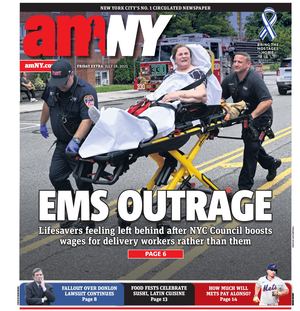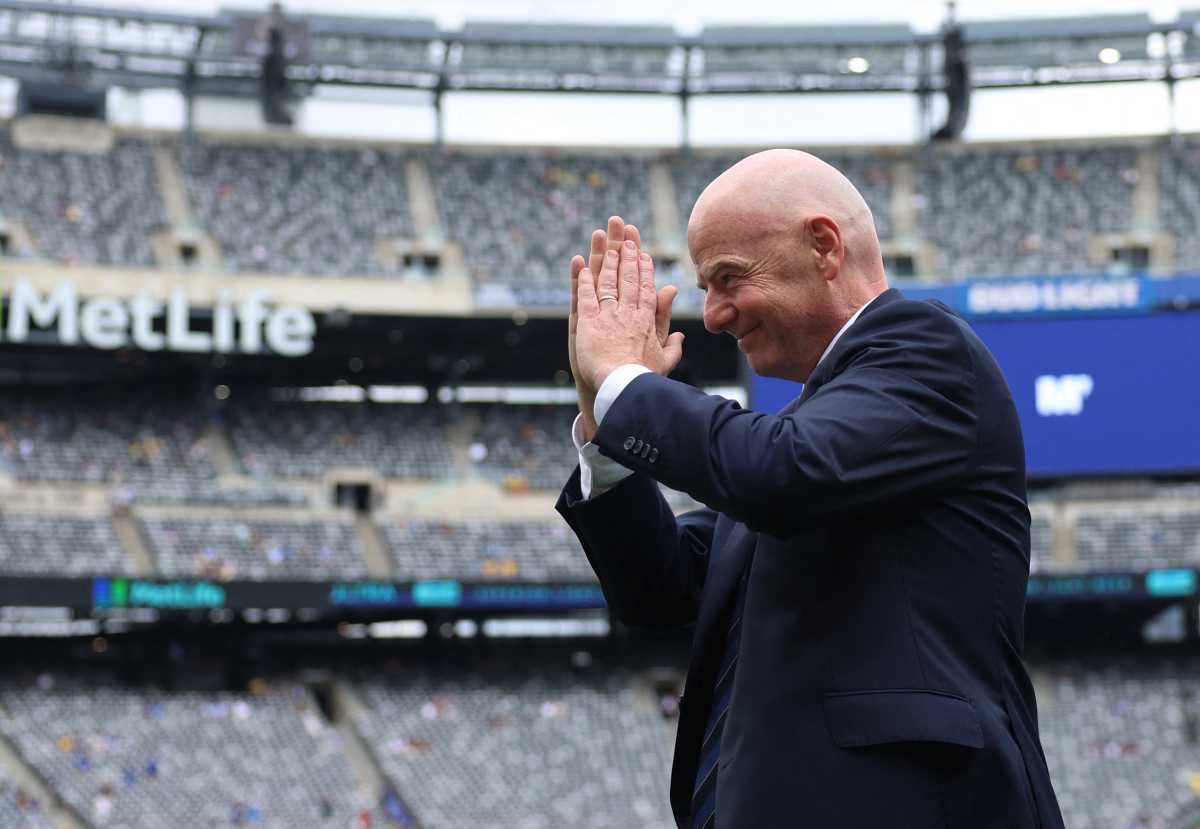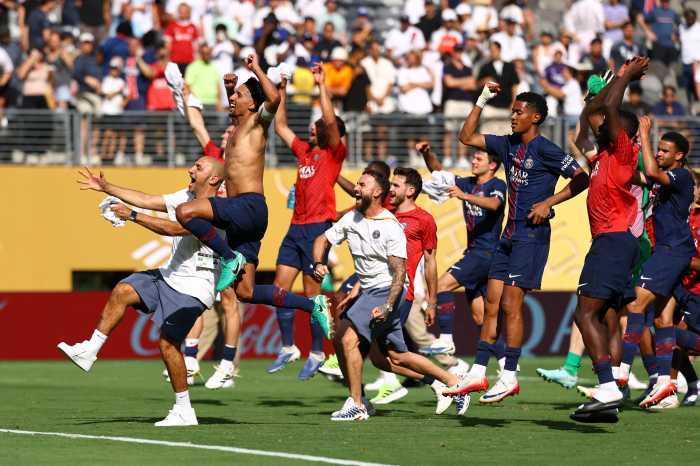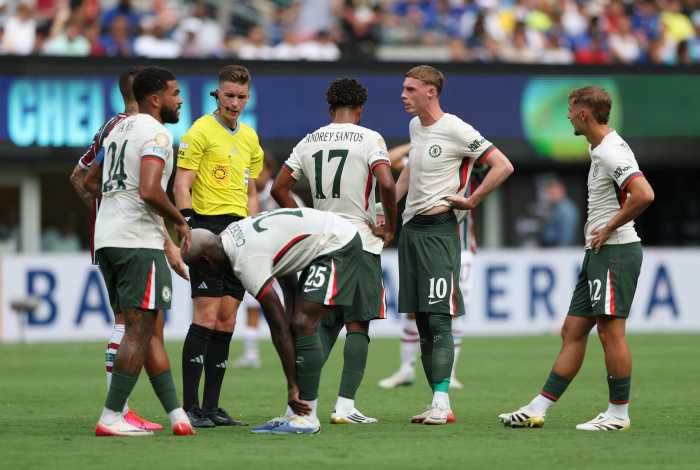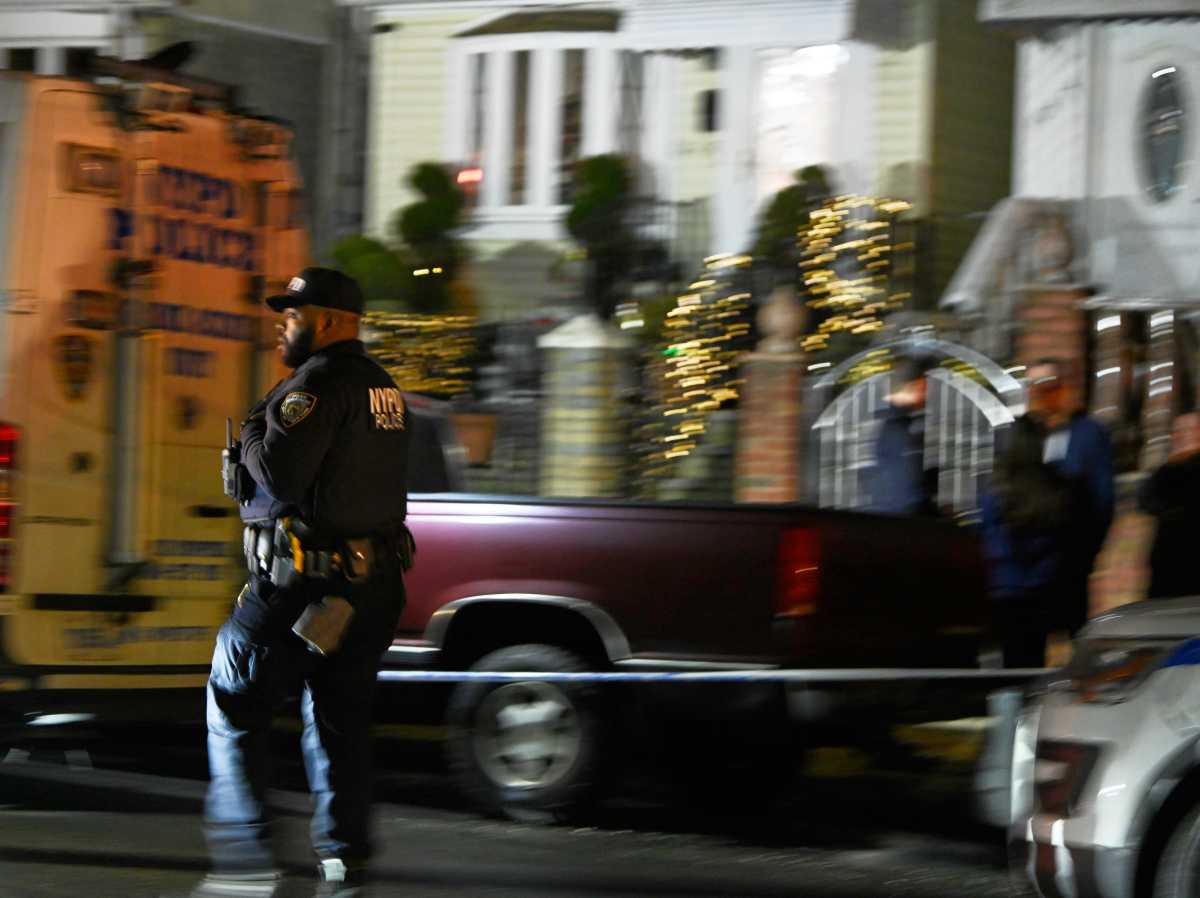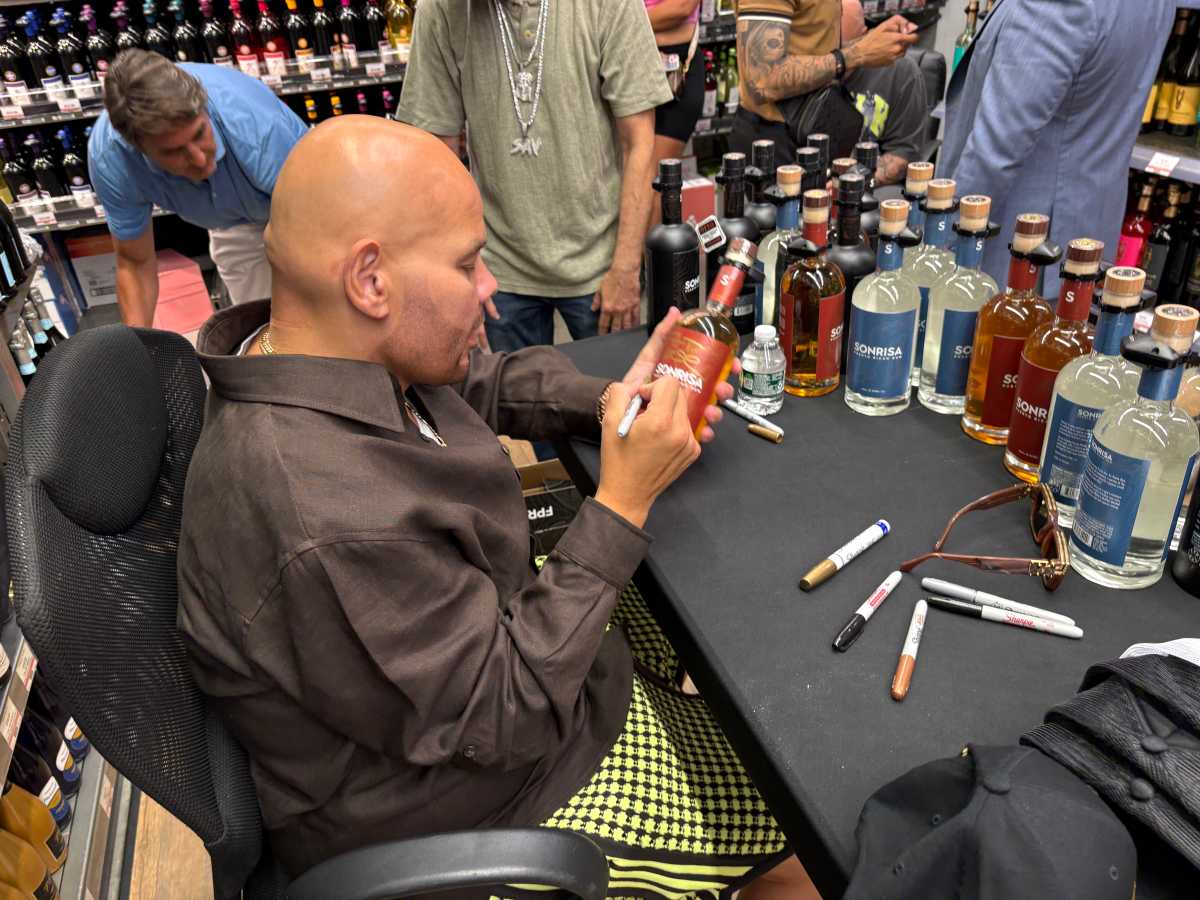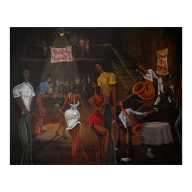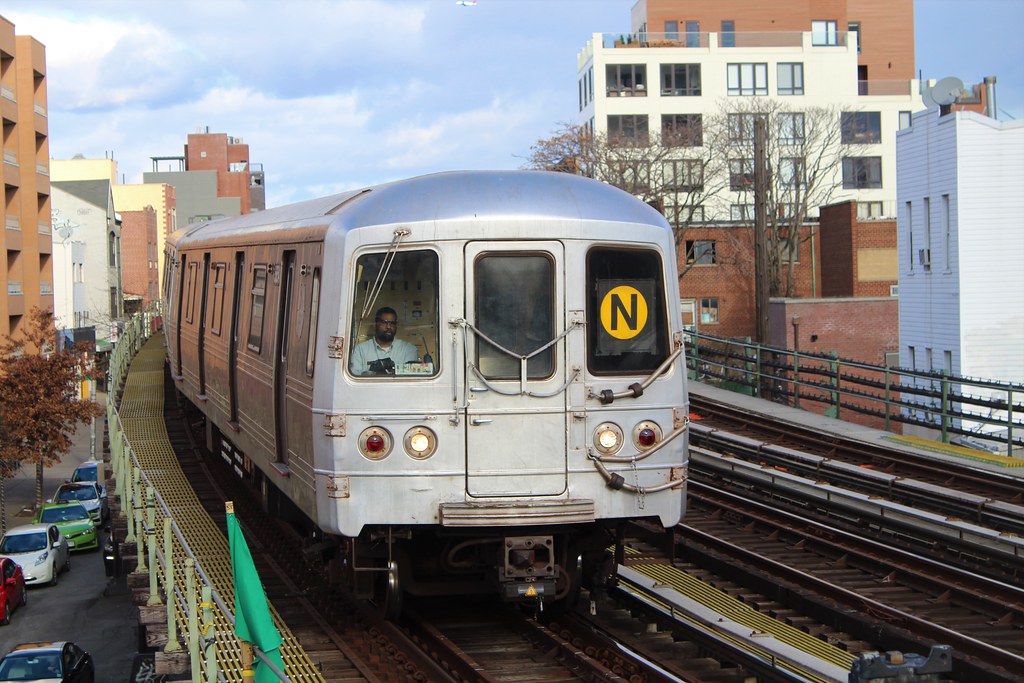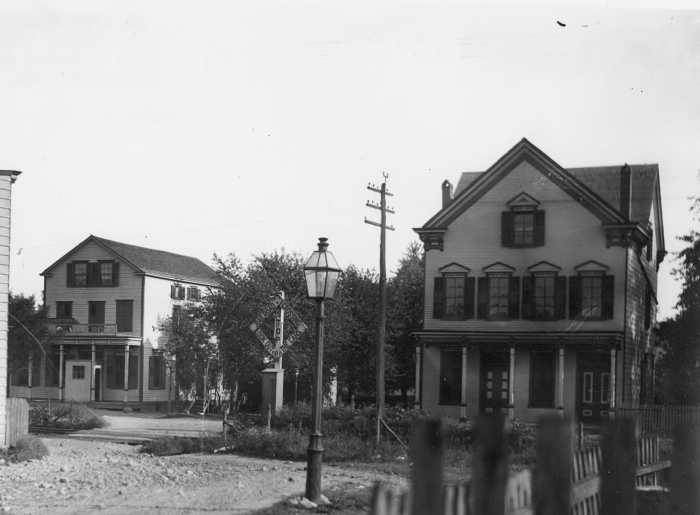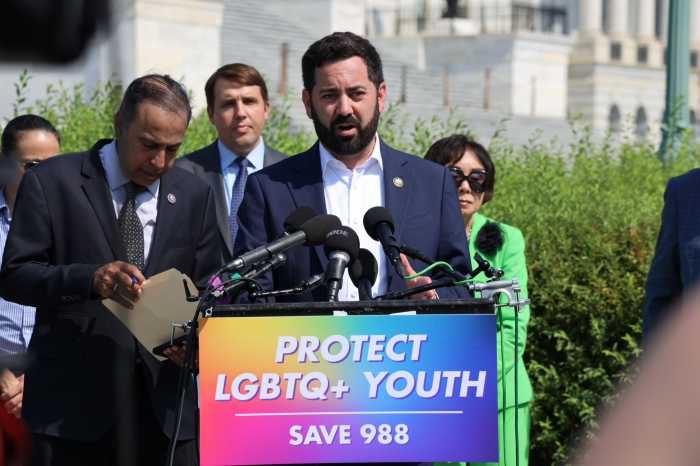EAST RUTHERFORD, NJ — Standing within the gold-plated lobby of Trump Tower on Saturday, just 24 hours before the Club World Cup Final at MetLife Stadium between Chelsea and PSG, FIFA president Gianni Infantino displayed the same sort of brash ignorance that has become the trademark of the namesake of the building he was standing in.
Within that ignorance is what can only be perceived as a lack of discretion — something that former president Sepp Blatter at least tried to use before his under-the-table dealings came to light.
There is something undeniably rotten wafting from the very top of FIFA, and the Club World Cup has only raised more questions about it, specifically from the lucrative broadcast deal that came in the 12th hour from DAZN, a streaming service that advertises itself as the “Netflix of Sports.”
Less than a year before the start of the Club World Cup — which was revamped from its annual, afterthought format into a quadrennial, keystone event that is being used this summer as an appetizer for the 2026 World Cup, which will also be hosted by the United States — it did not have a TV deal in place for the new version of the competition.
International broadcasting giants, the BBC and Sky, did not bid to carry the games. ITV put forth a zero-dollar bid, citing that interest would be so low that Infantino would give out the rights of the competition for free.
It was not until December that DAZN came out of nowhere with a $1 billion offer, an amount thought not possible for the lesser-known platform, which is owned by Ukrainian-born British-American Sir Len Blavatnik.
Right around that time, Saudi Arabia was selected to host the 2034 World Cup. An inconsequential decision that has nothing to do with the Club World Cup, right?
Not exactly.
In February, SURJ Sports Investment, controlled by Saudi Arabia’s Public Investment Fund (PIF), bought a 10% stake in DAZN for $1 billion, which would bring the streaming service to the Middle East to compete with Qatar-based BeIN Sports.
One month later, the Club World Cup miraculously came up with a $1 billion prize pool — a figure that forced the numerous big clubs participating to take notice and take the competition seriously.
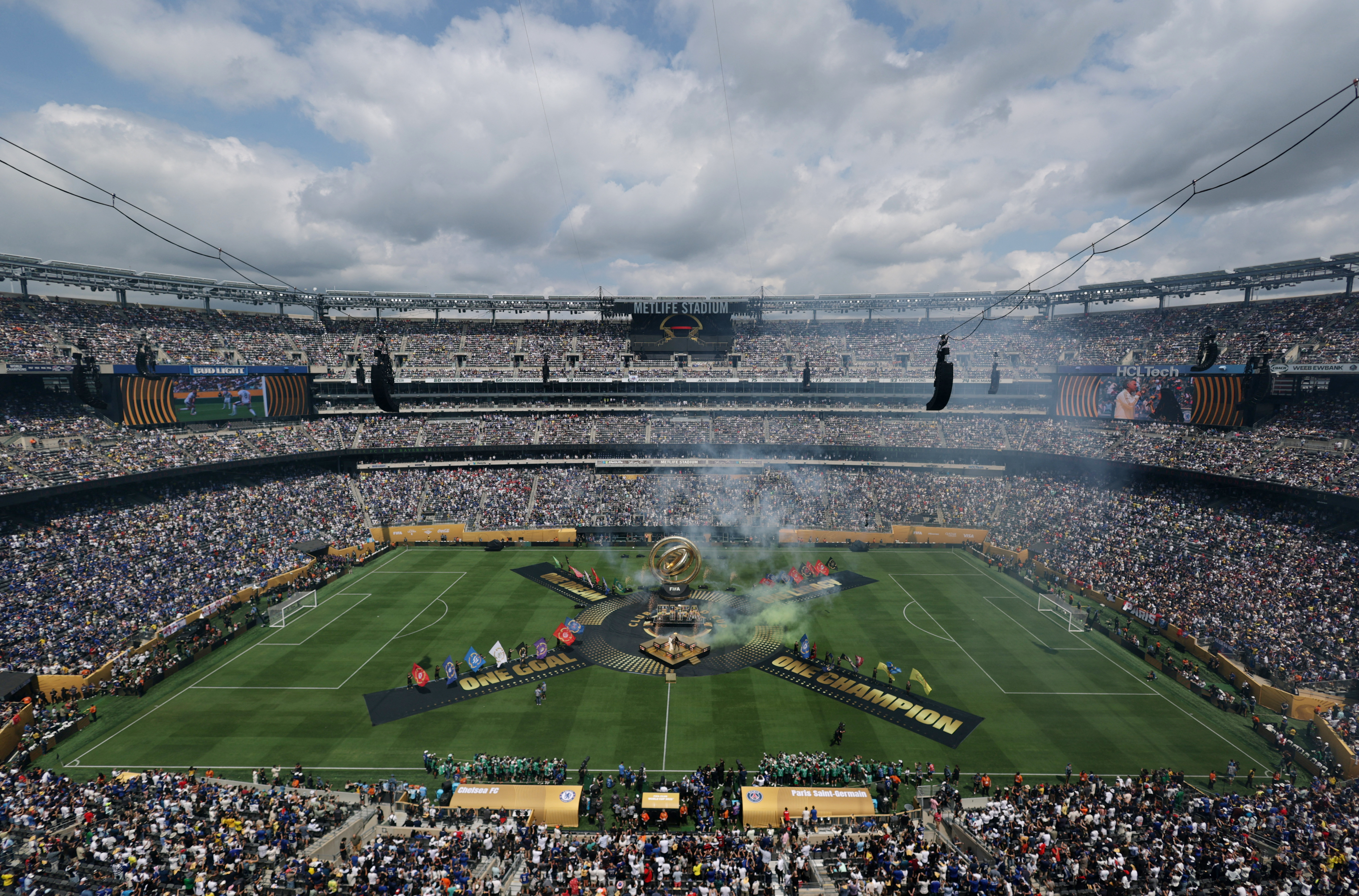
It does not take much to draw the parallel between DAZN’s sudden Saudi-fueled influx of cash and that same country being awarded the 2034 World Cup.
So when Infantino bloviated on Saturday that made-up critics “said nobody would broadcast” the Club World Cup, it all just felt disingenuous.
Granted, the selection of Saudi Arabia as 2034 World Cup hosts appeared to have been in the works for quite some time.
FIFA’s rules state that a World Cup host continent cannot hold another tournament within its region for at least two cycles. The United States, Mexico, and Canada are hosting the 2026 World Cup next summer. In 2030, FIFA made a landmark decision that will see Argentina, Uruguay, Paraguay, Spain, Portugal, and Morocco host matches—six different countries across Europe, Africa, and South America.
All that was left was the Australia/New Zealand committee, which, along with other Asian countries, was given a hasty, unexpected 25-day window beginning on Oct. 6 to put together an entire bid.
Within minutes of FIFA’s surprise announcement, Saudi Arabia announced its intentions to host. Meanwhile, other interested nations had less than a month to devise a plan to satisfy the requirement of 14 40,000-seat stadiums.
Australia and New Zealand only had 10 and did not have the proper time to get the green light on the expansion/construction of four additional venues.
However, they did have three more than the seven existing stadiums that FIFA requires for a potential host to be considered. They also had six more than Saudi Arabia, which currently has four, but Infantino and Co. overlooked them.
Not the most subtle of moves, and the United States-hosted Club World Cup (sponsored, in part, by the PIF) helped, whether it knew it or not.
